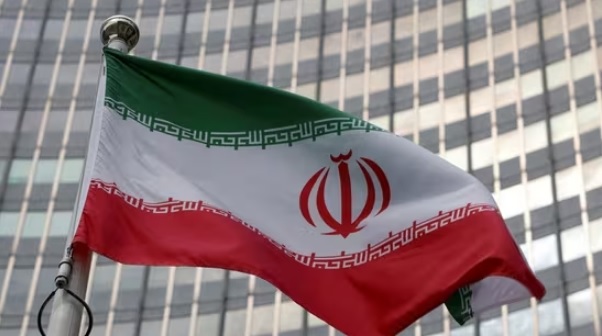
Iran’s strike on a Jaish Al-Adl facility in Pakistan triggers a diplomatic crisis
In the aftermath of a claimed Islamic State dual suicide bombing earlier this month, Iran retaliates with strikes on Iraq and Syria, escalating tensions.
Two children perished, and three others were injured in what Pakistan asserts as an “unlawful” airstrike by Iran. This event led to Pakistan’s foreign ministry summoning Tehran’s chief diplomat in Islamabad, vehemently protesting the alleged “unprovoked breach of its airspace.”
Iran’s state-run IRNA news agency and state television initially reported the use of missiles and drones in the Pakistan strikes. Press TV, the English-language branch of Iranian state television, attributed the attack to Iran’s paramilitary Revolutionary Guard. Subsequently, confusion ensued as the announcement from Iran saw state media reports on it suddenly vanish.
Iran stated that its attacks targeted bases belonging to the militant group Jaish al-Adl, potentially heightening tensions in a Middle East already marked by Israel’s conflict with Hamas in the Gaza Strip. Jaish al-Adl, known as the “Army of Justice,” is a Sunni militant group founded in 2012, mainly operating across the border in Pakistan. The group has a track record of claiming responsibility for bombings and the abduction of Iranian border police.

Although Iran has previously confronted militants in border clashes, launching a missile-and-drone assault on Pakistan represents an unprecedented action. Iranian accounts have situated the strikes in the mountainous region of Pakistan’s Baluchistan province.
Pakistan vehemently denounced the infringement of its sovereignty, labeling it as “entirely unacceptable” and cautioning of potential severe repercussions.
Frequent tensions between Tehran and Islamabad have revolved around allegations of permitting militants to function within each other’s borders, with direct involvement by official forces being infrequent. The Pakistani foreign ministry expressed increased apprehension regarding the airstrike, emphasizing the perpetration of this “unlawful act” despite established communication channels between the two nations.
The statement expressed heightened concern, noting the occurrence of this illicit act despite numerous communication channels between Pakistan and Iran. Pakistan has lodged a robust protest with the relevant senior official in the Iranian Ministry of Foreign Affairs in Tehran.
These unilateral actions contradict the principles of good neighborly relations and have the potential to significantly erode bilateral trust and confidence, the statement added.
The assault occurred one day following comparable Iranian strikes in Iraq and Syria.
Iran’s missile assaults focused on what it asserted were Israeli “spy headquarters” in Irbil, the capital of Iraq’s semi-autonomous Kurdish region, and sites linked to the Islamic State group in northern Syria. These strikes, taking place amidst escalating regional tensions, followed the Islamic State’s acknowledgment of responsibility for two suicide bombings earlier in the month.
The statement from Iran’s Revolutionary Guard reported the launch of four missiles at IS positions in Syria’s Idlib province and 11 missiles at the Kurdish region in northern Iraq. The statement claimed a strike on a Mossad center, the Israeli intelligence agency, in the Iraqi region.
Qassim al-Araji, the adviser for national security affairs to Iraq’s Prime Minister Mohammed Shia al-Sudani, leading a committee probing the Irbil attack, stated that Iran’s assertion of targeting a Mossad headquarters is unfounded.
Meanwhile, Iraq has recalled its ambassador from Tehran for consultations and summoned Iran’s chargé d’affaires in Baghdad to express protest against Iranian strikes in northern Iraq. The Iraqi Foreign Ministry condemned the Iranian attack as a “blatant violation” of Iraq’s sovereignty, vehemently opposing the principles of good neighborliness and international law. It was seen as a threat to regional security.


